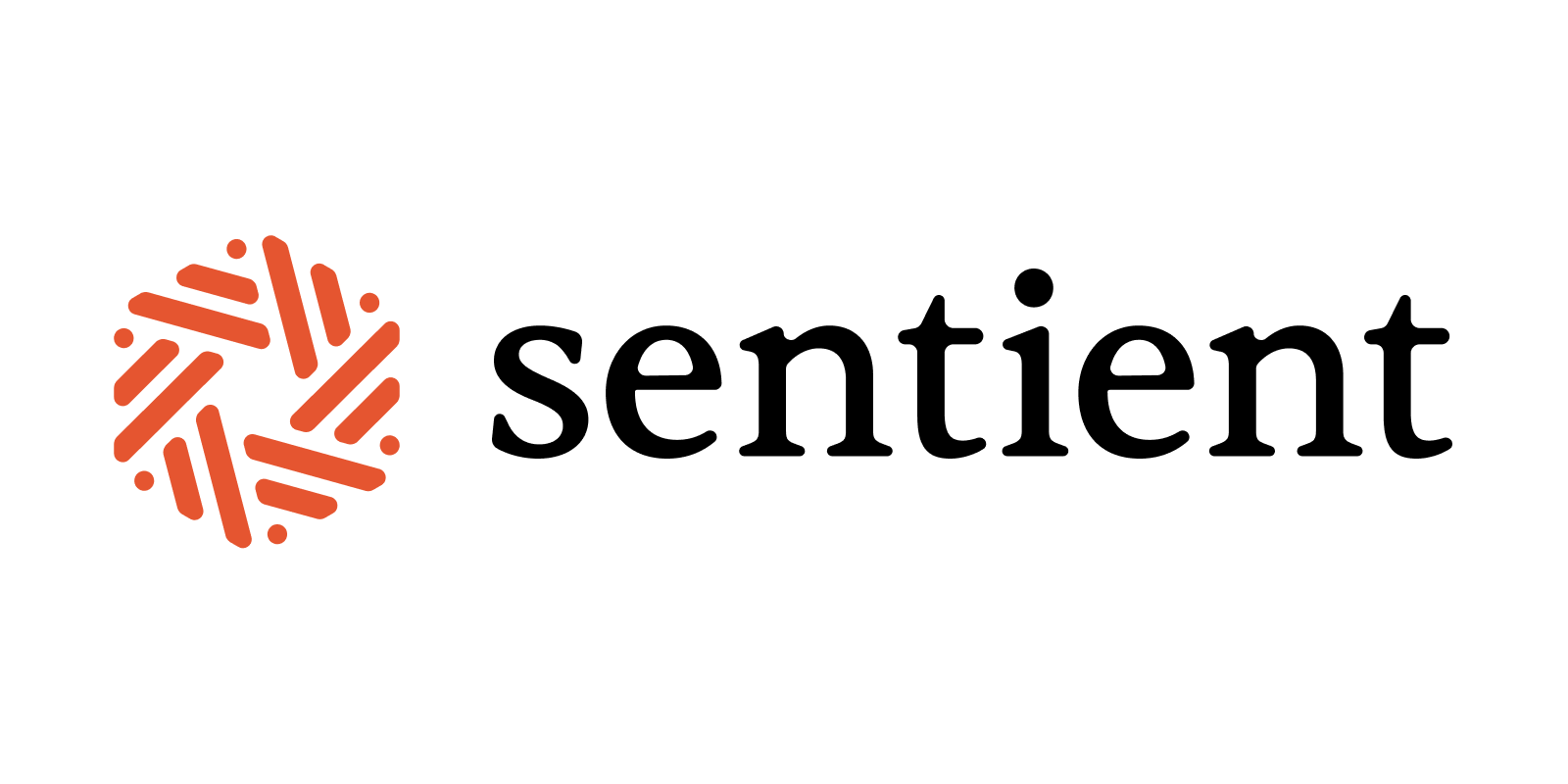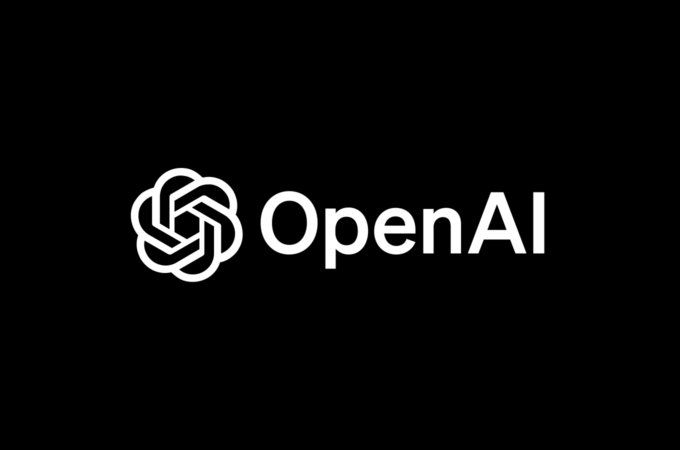
Sentient Raises $85M in Seed Funding to Democratize AI Development
Sentient, an ambitious open-source artificial intelligence (AI) development platform, has secured a substantial $85 million in seed funding. The round was co-led by Peter Thiel’s Founders Fund, Pantera Capital, and Framework Ventures, with participation from numerous other high-profile investors including Robot Ventures, Delphi, and Arrington Capital.
The platform aims to address growing concerns about the concentration of AI power in the hands of a few tech giants by creating an open ecosystem where developers can monetize their open-source models and data. Sentient’s approach is reminiscent of the 1995 closed-source software landscape, with the goal of decentralizing AI development and ensuring more equitable distribution of its benefits.
Behind Sentient are notable figures including Sandeep Nailwal, co-founder of Polygon; Pramod Viswanath, Princeton professor and co-inventor of 4G wireless technology; and Himanshu Tyagi, a professor at the Indian Institute of Science. The platform will be built on Polygon, representing an expansion of the Ethereum scaler into the AI space.
Joey Krug, partner at Founders Fund, highlighted the platform’s potential to solve the incentive problem in open-source AI development. Currently, AI models can be copied without compensation, which discourages open-source contributions. Sentient aims to establish a new form of property rights in AI, ensuring that developers are rewarded for their work.
The funds will be used to hire AI research and blockchain engineering experts, develop Sentient’s platform, and establish partnerships with leading academic institutions and industry players. The platform plans to launch its testnet in the third quarter of 2024, marking a significant step towards its vision of community-built open artificial general intelligence (AGI).
Sentient’s approach involves launching “campaigns” for contributors, with specific metrics for evaluating contributions and rewards. These rewards may include co-ownership of the AI models created and future rewards based on their usage. While there are no immediate plans for a token, the project leaves room for future decisions as the community grows.




